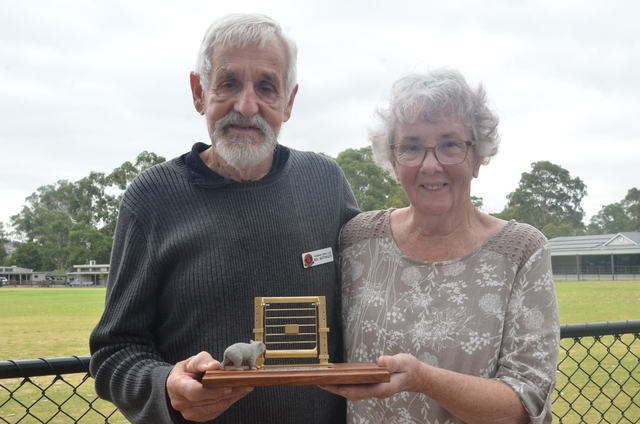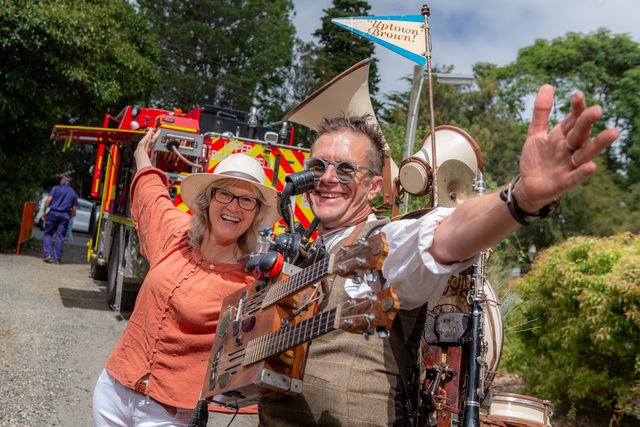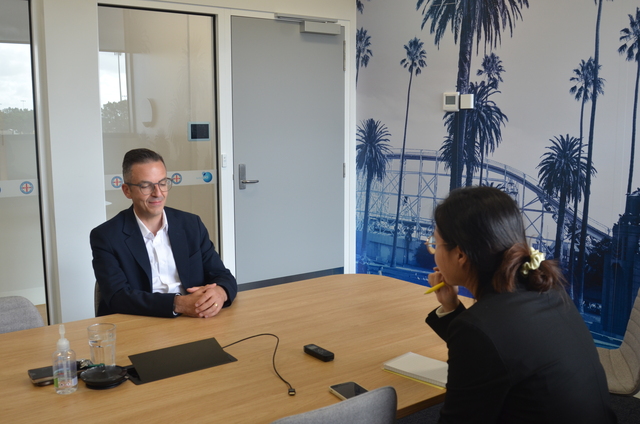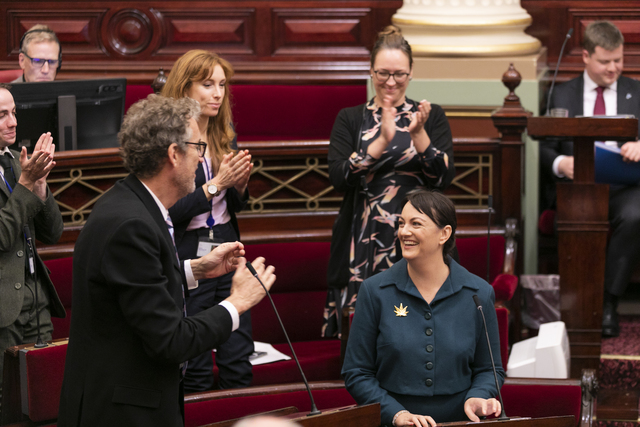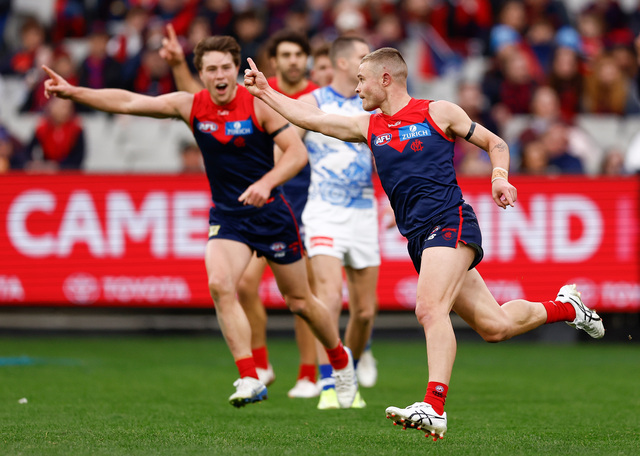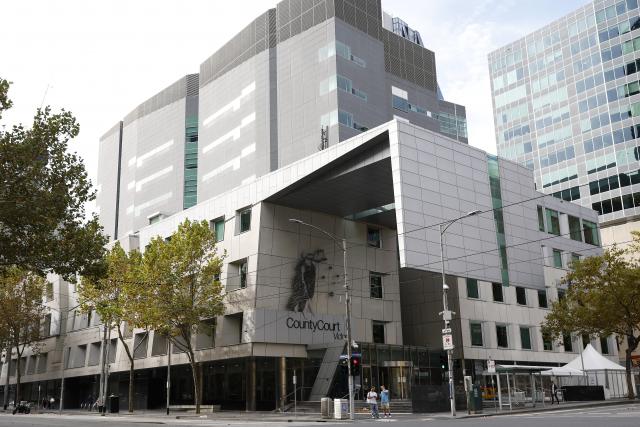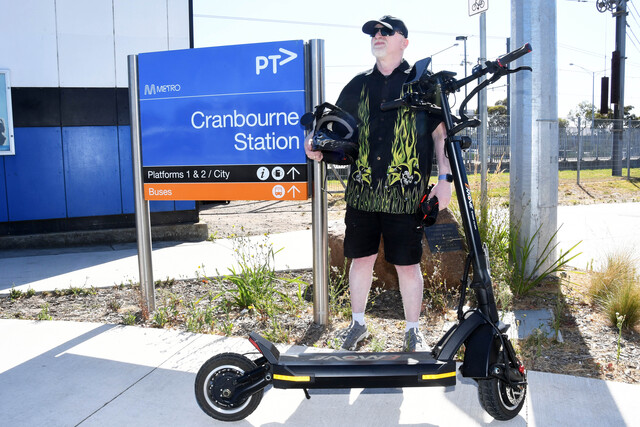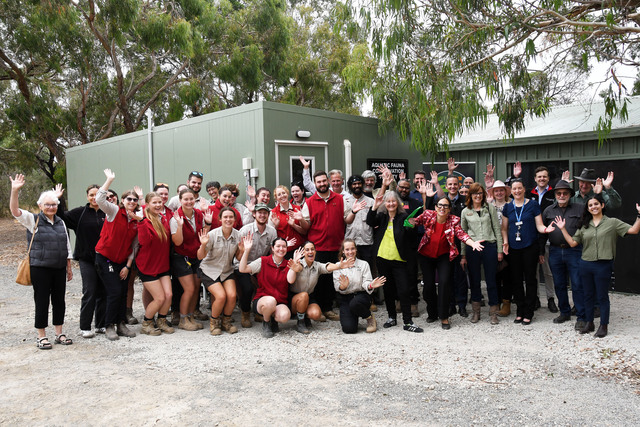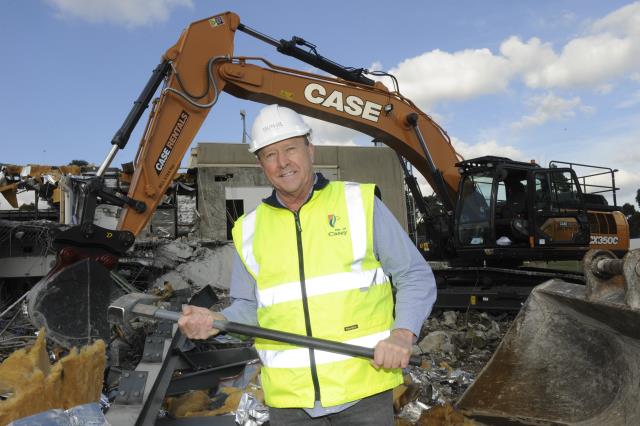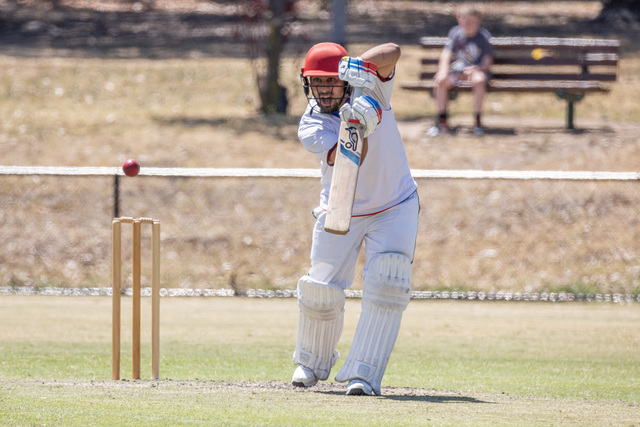By Alison Noonan
A HEARING impaired teenager has won a landmark anti-discrimination case against the Department of Education and Training (DET) after he was denied a classroom interpreter.
The Victorian Civil and Administrative Tribunal (VCAT) last week found in favour of former Pearcedale Primary School student Dylan Beasley who had claimed he was left out of classroom activities because the school failed to provide him with suitable tuition.
Dylan is profoundly deaf and communicates using Auslan, the only recognised sign language in Australia.
However, during his three years at Pearcedale Primary School, Dylan was taught by eight teachers and sign language interpreters, but claimed none were fluent in Auslan.
Instead he said he was taught using spoken and signed English or finger-spelling — leaving him humiliated, stressed and unable to understand what was happening in class.
His mother, Robyn, who is also deaf, filed the discrimination claim on his behalf in 2003.
Ms Beasley said she simply wanted equal education rights, not only for her son, but for all deaf children.
“We want to see the Department of Education provide interpreters when there are no teachers of the deaf available,” she said.
Ms Beasley said the recent VCAT ruling was a huge win for the deaf community that would set a precedent for future equal opportunity cases.
“The win means so much to us because it was a very big challenge to go up against the DET and prove that Dylan was being discriminated against.
“Being deaf parents of a deaf child, we want the best for our son — that is equal access to all activities supplied by the school. We didn’t want to see Dylan left out of classroom activities without teachers or interpreters.
“This case is not only for us but for other deaf children in similar circumstances,” she said.
Ms Beasley said she hoped the win would now move the DET to improve its standards for hearing impaired students, both in primary and secondary school and at tertiary level.
“The Department should have spent the $500,000 it cost them to fight our case on providing programs for teachers to learn Auslan skills, interpreters and note takers for deaf children.
“It would be ideal if the DET have the Deaf Education Unit in their department to deal with issues of access for all Victorian schools,” she said.
Ms Beasley said that Dylan, now a year nine student at Banksia Secondary College, was coping well at his new school and overcoming the learning difficulties that had plagued him during his younger years.
“He has lots of friends and the school has interpreters and teachers of the deaf available for all deaf students.
“The last two years has been an emotional time for us but we are just so relieved this case is over,” she said.
Julie Phillips, the anti-discrimination consultant representing the Beasleys, said the case was a watershed for future hearing-impaired families.
“This case upholds the right of deaf kids to be given full support to participate in class.
“Unfortunately, the issue is very common but no-one has ever taken the DET on and won.
“This is a Victorian first that will set a precedent under the Equal Opportunity Act for the right to an Auslan interpreter,” she said.
A DET spokeswoman said it was not appropriate to comment on the specific details of the case but claimed the DET was yet to receive a written copy of the VCAT decision.
“Once it has been received, the department will review the decision and give consideration to seeking advice on the merits of appealing the part of the decision that upheld the complaints brought by the complainant,” the spokeswoman said.
Deaf student beats government ruling
Digital Editions
-
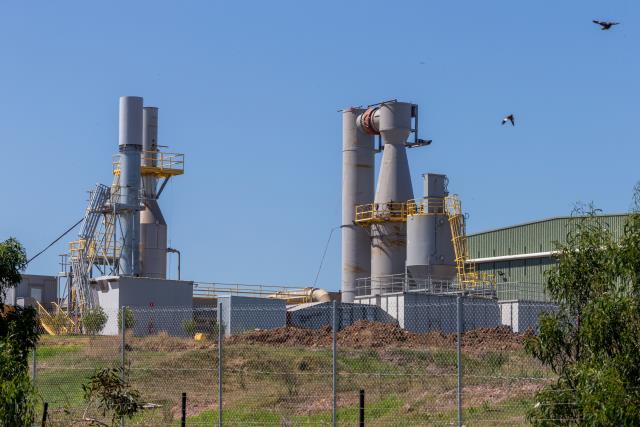
EPA, Veolia at odds over toxic-waste cell
Purchase this photo from Pic Store: 228738 The state’s pollution watchdog says it remains opposed to a new toxic-waste cell at a controversial hazardous-waste landfill…

